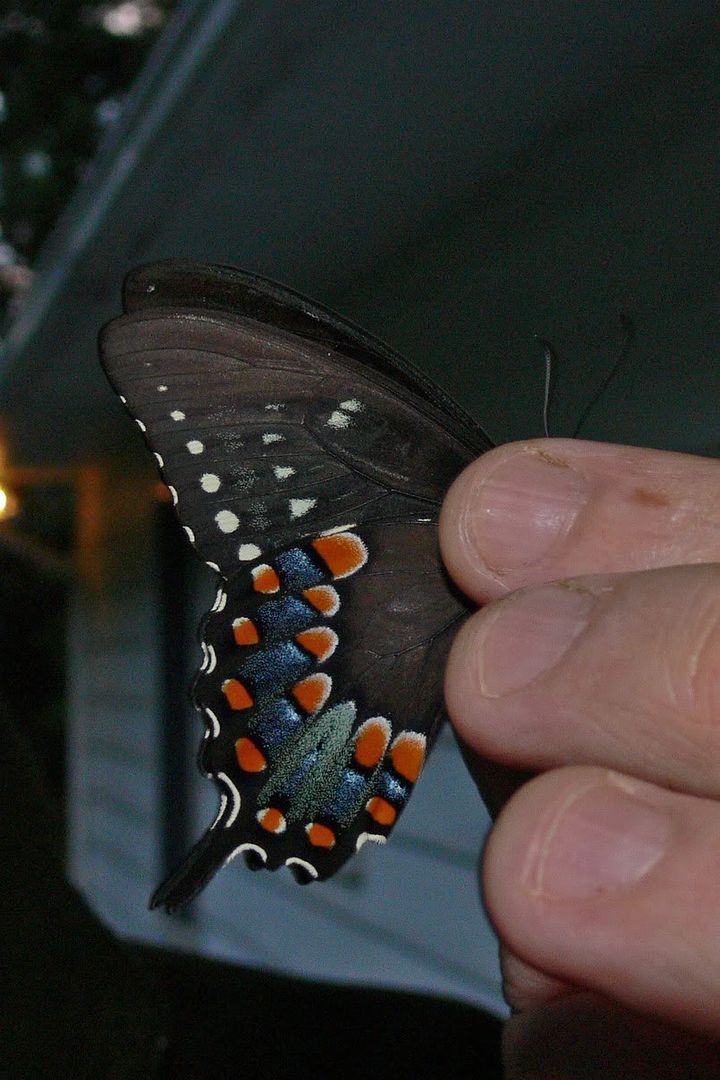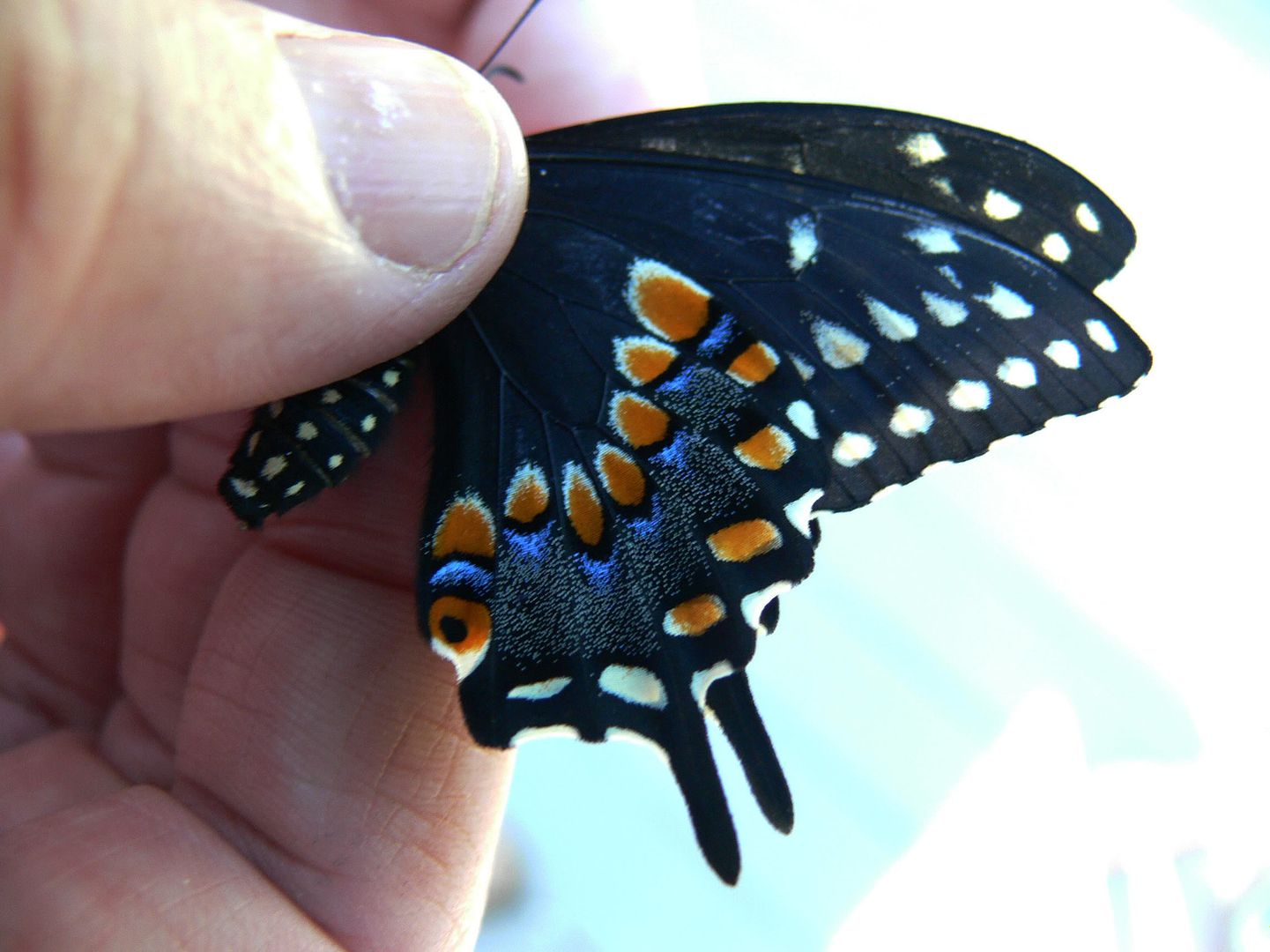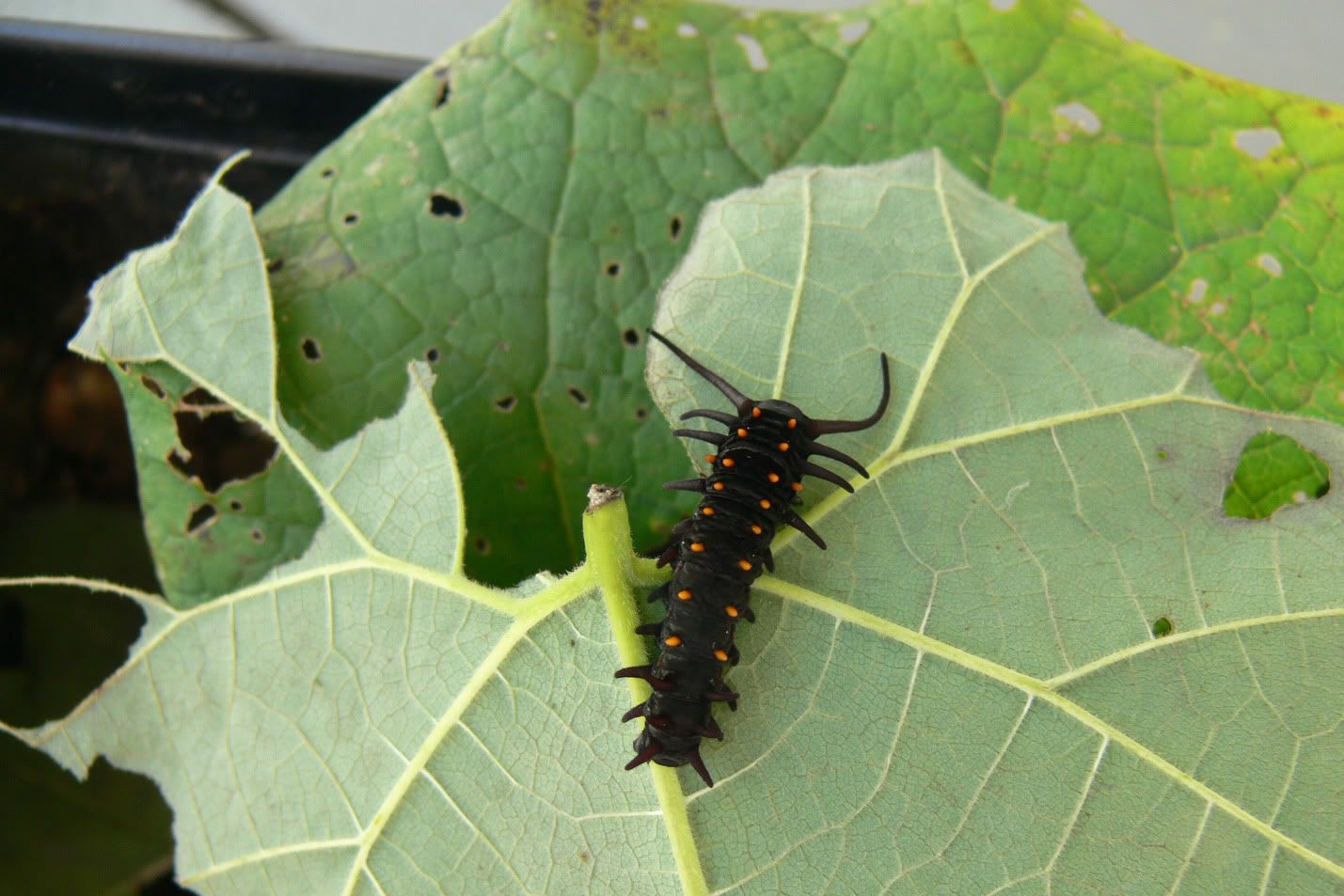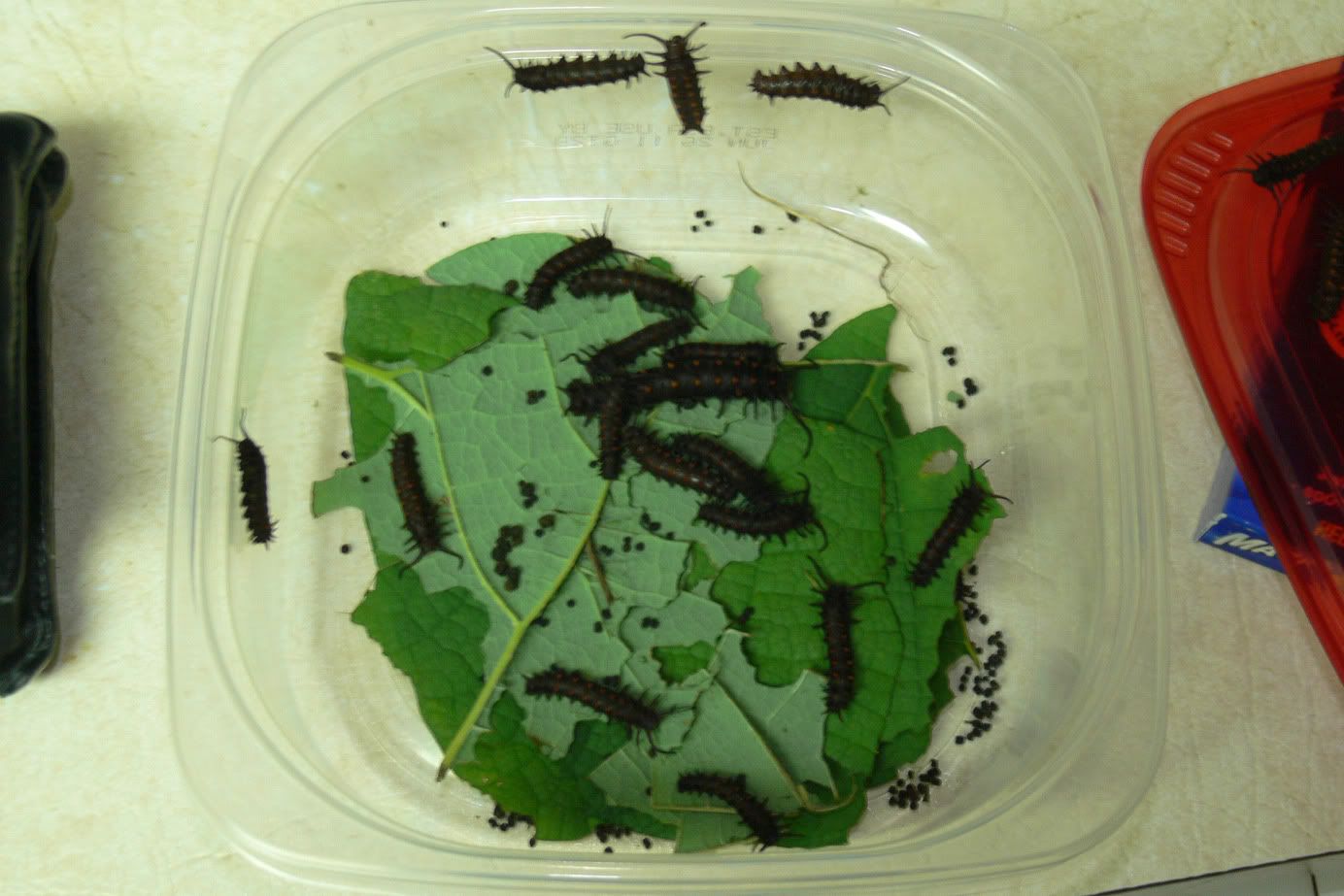Over at Greenbaggins, a discussion has arisen concerning the nature of our knowledge. Lane Keister's post seeks to contribute to the Clark-van Til debate. Lane suggests that God's knowledge forms a coherent whole that forms a context for all facts that He knows. Hence, our knowledge (lacking said context) cannot be identical to His, even in the knowledge of a single fact. Historically, the fact that van Til and Clark disagreed over was "2 + 2 = 4."
This led to a discussion in the combox as to the putative differences between God's knowledge and ours over brute facts, such as
"Jacques" is a longer word than "Jeff."
I have suggested that there are four major differences.
(1) God's knowledge is infallible, or non-contingent. Ours is contingent, hence fallible.
(2) God's knowledge is infinitely precise; ours is not.
(3) God's knowledge has complete context; ours does not (Lane's point).
(4) God's knowledge is immediate, with no need to reason or discover; ours is not.
Three objections have arisen to the notion that our knowledge is imprecise, which is point (2) above. I've justified the point thus: all of our knowledge is approximate because in every area of knowledge, we rely on words and symbols (which have a semantic range of meaning), sense experience (which is imprecise), and reasoning (which is subject to error). Hence, although we may know certain facts to a very high degree of certainty, we cannot claim exact knowledge of any fact. As a simple example, I observed that every single measurement we make is approximate. At one stroke, this makes all of our knowledge approximate in the sense mentioned above.
Here are the objections that have arisen.
O1: "All (human) knowledge is approximate" is self-defeating
The first objection comes from Jacques, who observes that "the claim that our knowledge is an approximation is itself urged as exact knowledge."
In other words, the concern is that "knowledge is approximate" is self-defeating. One thinks here of Plato's destruction of relativism ("'There is no absolute truth' is itself an absolute truth") or the more recent failure of empirical positivism ("Only statements that are empirically verifiable can be considered true" is not itself empirically verifiable).
I've responded that it is acceptable for "knowledge is approximate" to be itself an approximate statement. However, the discussion has not blossomed beyond that point.
O2: Obvious defeaters
The second objection comes from Don and Ron, who observe that a fact such as "Jacques is a longer word than Jeff" can be resolved by simply counting, with no approximation required. This is a self-evident defeater to the claim that all knowledge is approximate. Likewise, Ron urges that although we may not be able to measure 12 inches to infinite precision, we can nevertheless know without approximation that a length is between 11 and 13 inches.
Don wonders further in what way our knowledge of this fact could possibly be different from God's.
O3: Meta-claims about confidence intervals
Ron further objects that if we now speak of confidence intervals (for example, "this tile is 12 inches wide, plus or minus 0.1 inches"), then we have now created a new proposition that is known exactly.
I would like to open this space for discussion of the propositions (1) - (4) and the three objections. I believe they all have entirely adequate responses.
In particular:
Response to O1
Suppose that "All knowledge is approximate" turns out to be true for only 99.9% of human knowledge. Perhaps there is some undeniable proposition (perhaps "I think, therefore I am"; or perhaps "'Jacques' is a longer string than 'Jeff'")) that is known absolutely and precisely. Perhaps there are even a large number of such propositions, comprising as large as 0.1% of human knowledge.
This outcome would not be disastrous for the claim "All knowledge is approximate." For given any particular proposition P, it would still be highly likely that P is approximate. And if non-approximate P's can be identified and distinguished from the approximate, then so much the better.
That's the worst case.
In point of fact, it's not yet clear that any non-approximate P's have certainly been identified, for such a P would have to be
Criterion 1: Known without possibility of error (that is, an infinitesimally thin confidence interval), Criterion 2: Completely determined in unambiguous language, whether mathematical or otherwise (that is, infinitely precise in its boundary)
To my knowledge, no P meeting Criteria 1 and 2 has ever been produced.
In short: It is acceptable to say that "All knowledge is approximate" is itself theoretically approximate; and so far, no counterexamples have been produced.
Response to O2
Here, we need to dip into some statistics. Likely, Don and Ron will agree that counting letters is not itself an infallible process. If we gave out the string "Jacques" to 100,000 English-speaking adults and asked them how many letters are in that string, we are very likely to get at least a couple of responses of "6" or "8". Every process has an error rate, and many of those error rates have been studied by process engineers (eg here or here).
For sake of example, let's suppose that we get back a response of 99,997 people who count 7 letters, two who count 6, and one who counts 8. I suspect this is generous.
Then we can now ask the important question, "How many letters *are* in that string, anyway?" Based on the responses, we can calculate an average (6.99999) and a standard deviation (.00001). This gives us a delightfully narrow confidence interval: We can be 99.9% confident that the true number of letters lies between 6.99995 and 7.00003 letters -- in other words, 7.
BUT
If we are willing to consider extremely outside chances, there is a very, very small chance that our two people who counted 6 were correct, and everyone else was wrong. How small? Absurdly small -- my calculator gives a p value of "0", but it's actually about e^-350.
Well, practically speaking, this is exact for all useful purposes. There is no meaningful risk that the two people who counted 6 are actually correct. "Jacques" has 7 letters, the end.
And that's my larger point. The word "approximation" is not a synonym for "poor estimate." It means simply that there is some kind of error bar, no matter how small.
And in this case, because the error bars are truly and absurdly small, Don and Ron understandably round down and simply say that "Jacques has seven letters, with no approximation."
In reality, the approximation is so good that no one doubts it.
The point is that excellent approximations are sometimes confused for perfect precision, and I believe that O2 stems from that confusion.
Response to O3
Actually, the knowledge of the error bars is itself approximate. Interested readers can start here. There are two sources of uncertainty -- random error, and systematic.
The random error is described in the formula in the link.
The systematic error cannot be mathematically captured, and comes about from the possibility that our process is actually flawed in some way without our knowledge:
- The ruler is inaccurately calibrated
- The user of the ruler is using the wrong procedure (This happens a lot in high school labs)
- The boundaries of the object to be measured are not precisely defined.
---
Why does this matter to the theologian? It is certainly interesting philosophy, but the payoff for the theologian is to recognize that our readings of Scripture will always and only give fallible approximations to the original meaning. And it is for this reason that Confessions are needed and yet revisable. If we could perfectly and precisely know the meaning of Scripture, then solo scriptura would suffice, and Confessions would not be needed. If on the other hand, if a council could perfectly and precisely know the meaning of Scripture, then it would not be true that " All synods or councils, since the apostles' times, whether general or particular, may err; and many have erred. Therefore they are not to be made the rule of faith, or practice; but to be used as a help in both."
JRC Read more...






